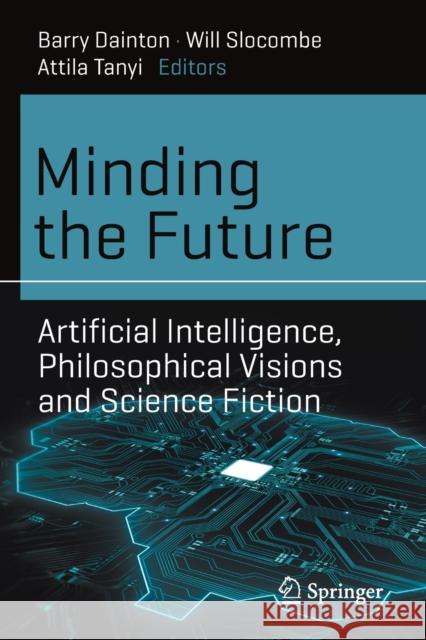Minding the Future: Artificial Intelligence, Philosophical Visions and Science Fiction » książka
topmenu
Minding the Future: Artificial Intelligence, Philosophical Visions and Science Fiction
ISBN-13: 9783030642686 / Angielski / Miękka / 2021 / 283 str.
Kategorie:
Kategorie BISAC:
Wydawca:
Springer
Seria wydawnicza:
Język:
Angielski
ISBN-13:
9783030642686
Rok wydania:
2021
Wydanie:
2021
Numer serii:
000470143
Ilość stron:
283
Waga:
0.42 kg
Wymiary:
23.39 x 15.6 x 1.63
Oprawa:
Miękka
Wolumenów:
01











